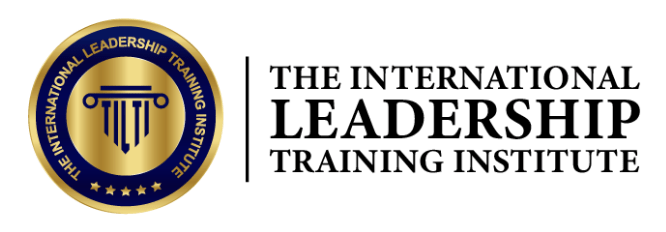Impactful & Inclusive
The PGCert in Teaching, offered in collaboration with Hartwell University and the International Leadership Training Institute (TILTI), is a six-month program designed to equip educators with essential knowledge and skills for effective teaching. The program awards 60 master’s credits and provides pathways to Qualified Teacher Status (QTS) and Early Teachers’ Status.
The program is structured as a hybrid course, with online components delivered by Hartwell and on-site components provided by TILTI.
Hartwell exclusively offers the online portions of the program, which are transferable to many U.S. institutions via accredited partnerships (see the Hartwell Quest website for more information). TILTI facilitates any on-site sessions. Transfer through Hartwell is only available for work done in Hartwell’s online platform.
The program is divided into three key units:
1. Educational Foundations and Pedagogical Theories: This unit explores the history, philosophy, and sociology of education, introducing various teaching methodologies such as behaviorism and constructivism. It emphasizes the significance of educational philosophy and current trends to shape effective teaching practices.
2. Assessment, Inclusive Education, and Classroom Management: Focusing on modern assessment strategies and inclusive education, this unit trains participants in designing assessments, managing diverse classrooms, and promoting equitable learning environments for all students, including those with disabilities.
3. Professional Development, Practicum, and Capstone Project: This unit is dedicated to the professional growth of educators, covering ethics in education, reflective practice, and supervisory skills in teaching. The program culminates in a capstone project, where participants demonstrate their acquired knowledge and skills.
Overall, the PGCert program aims to enhance the quality of teaching, preparing educators to create impactful and inclusive learning experiences.



